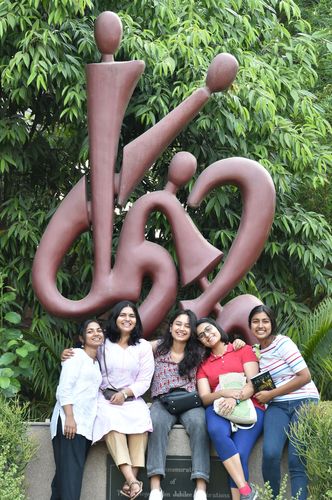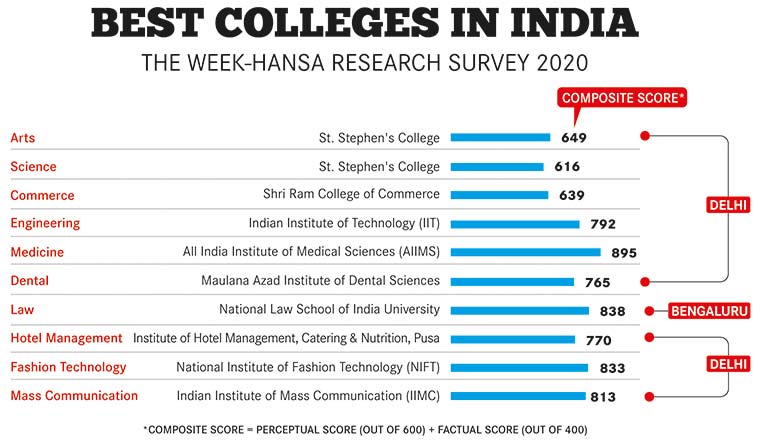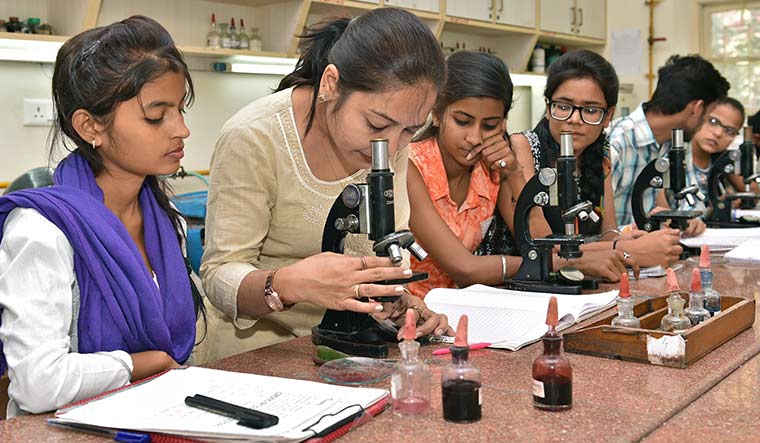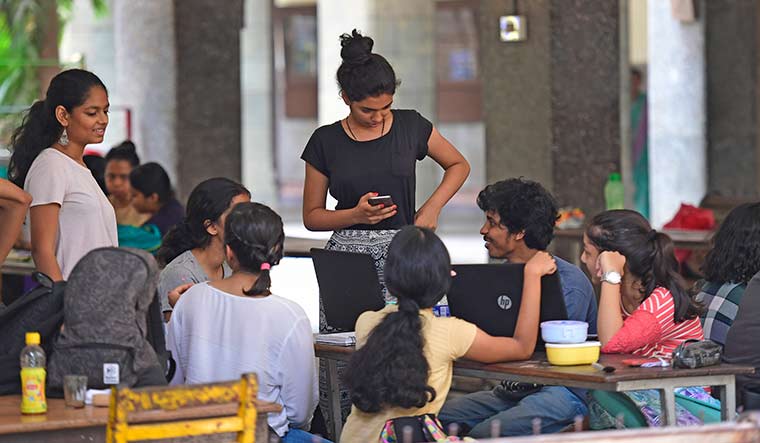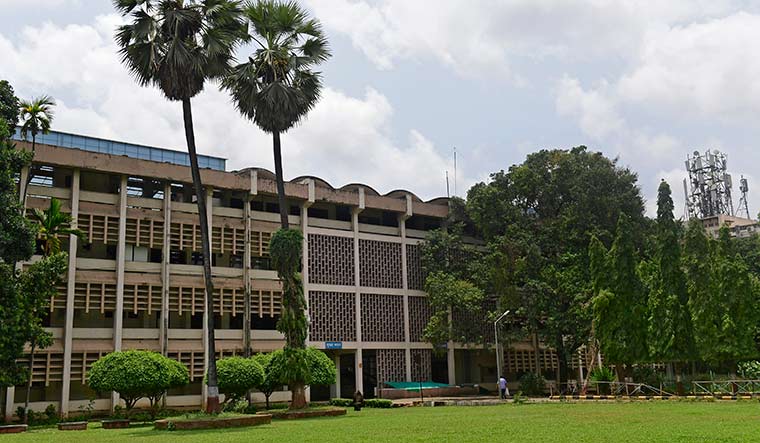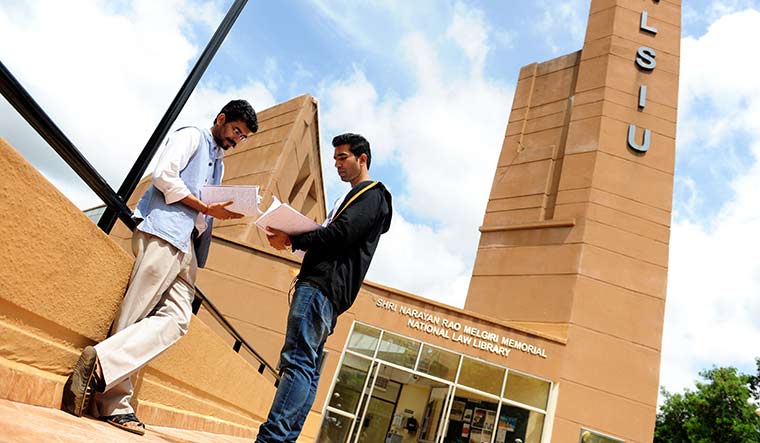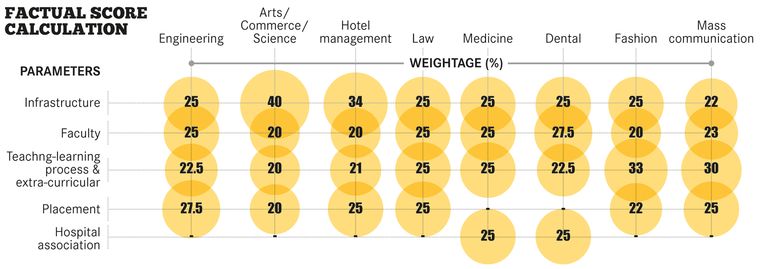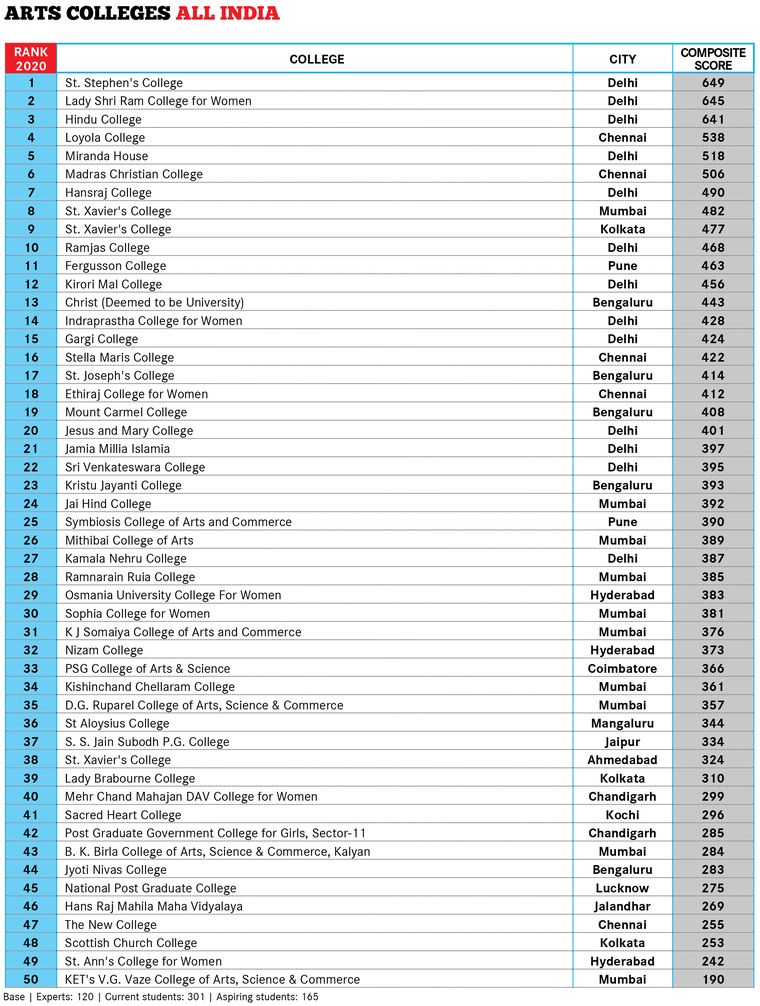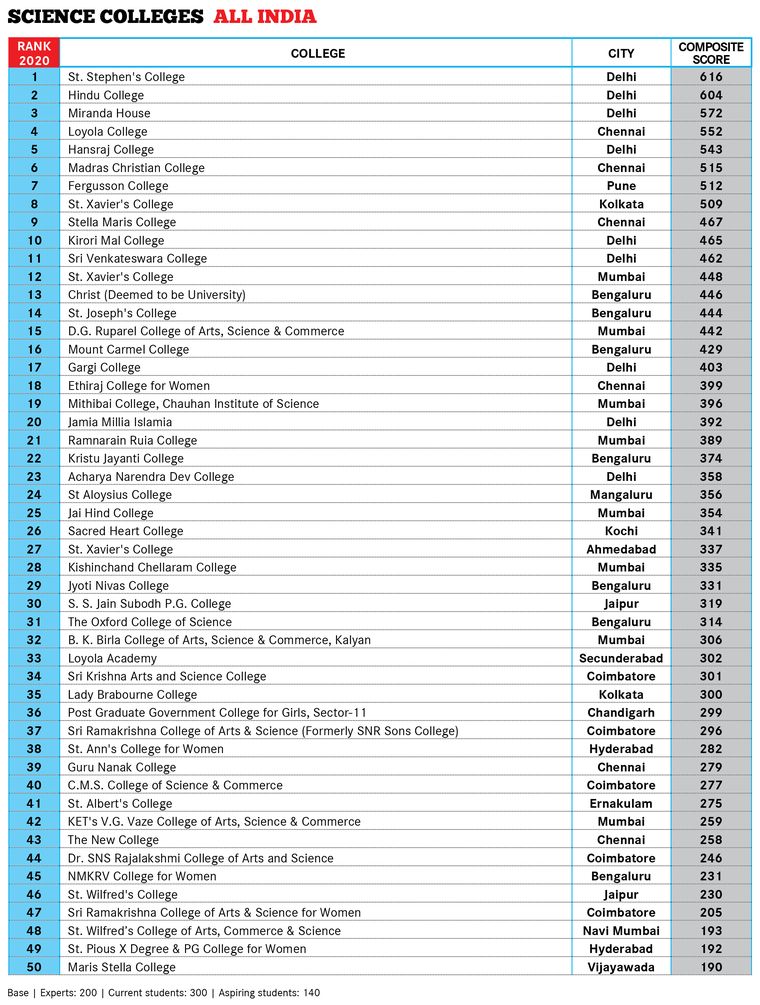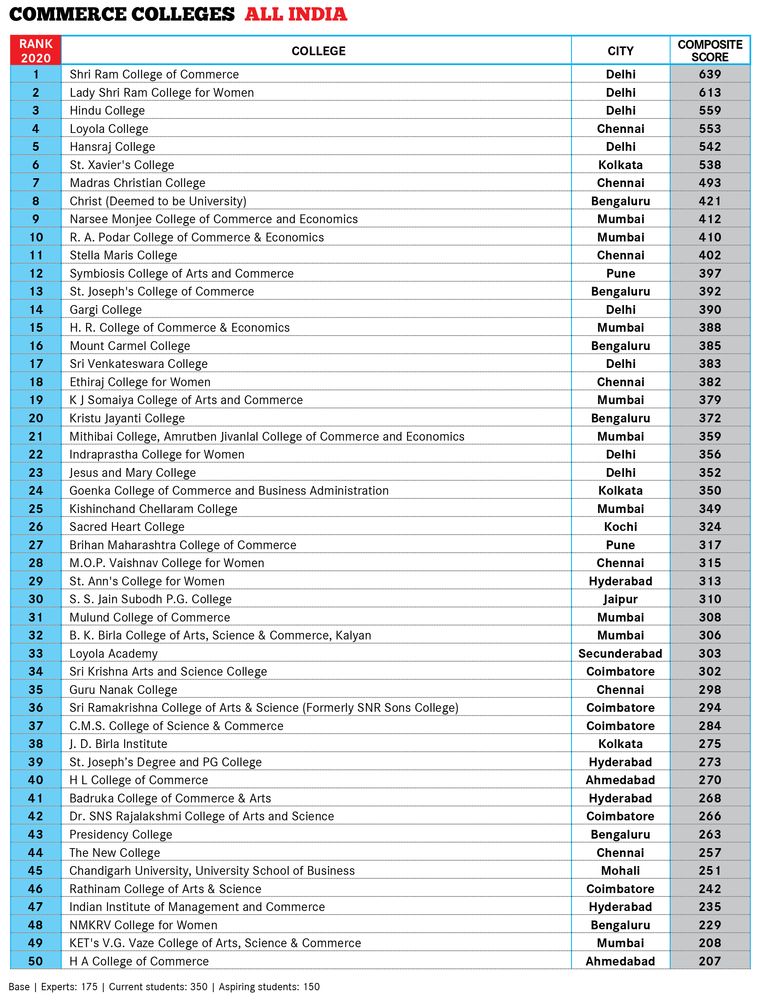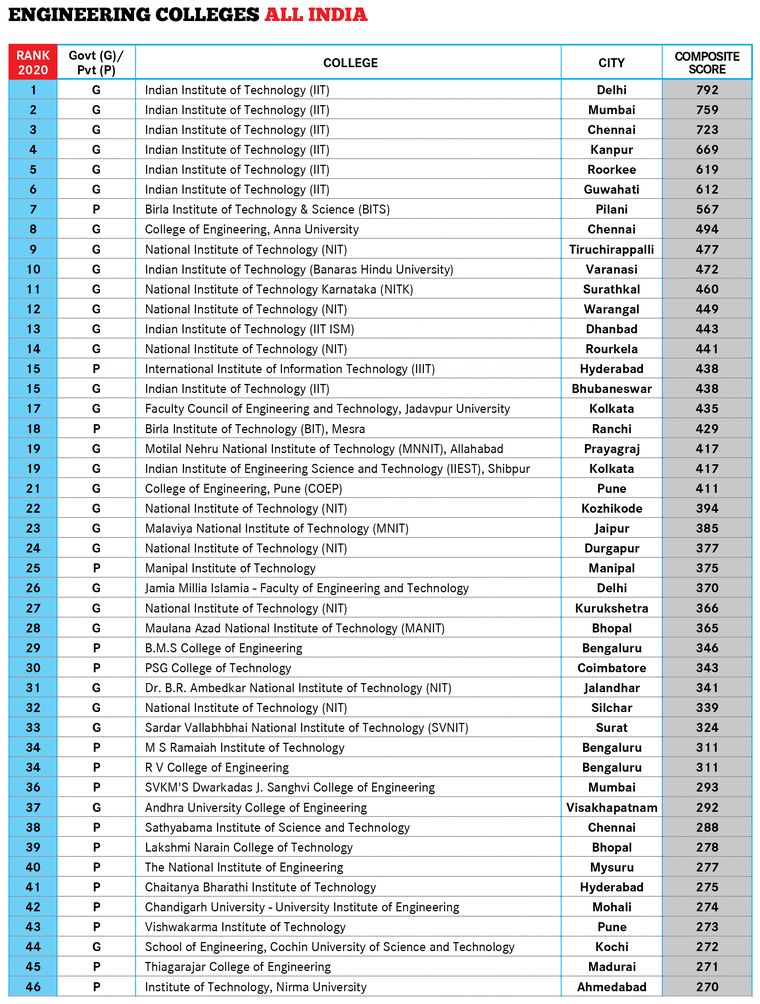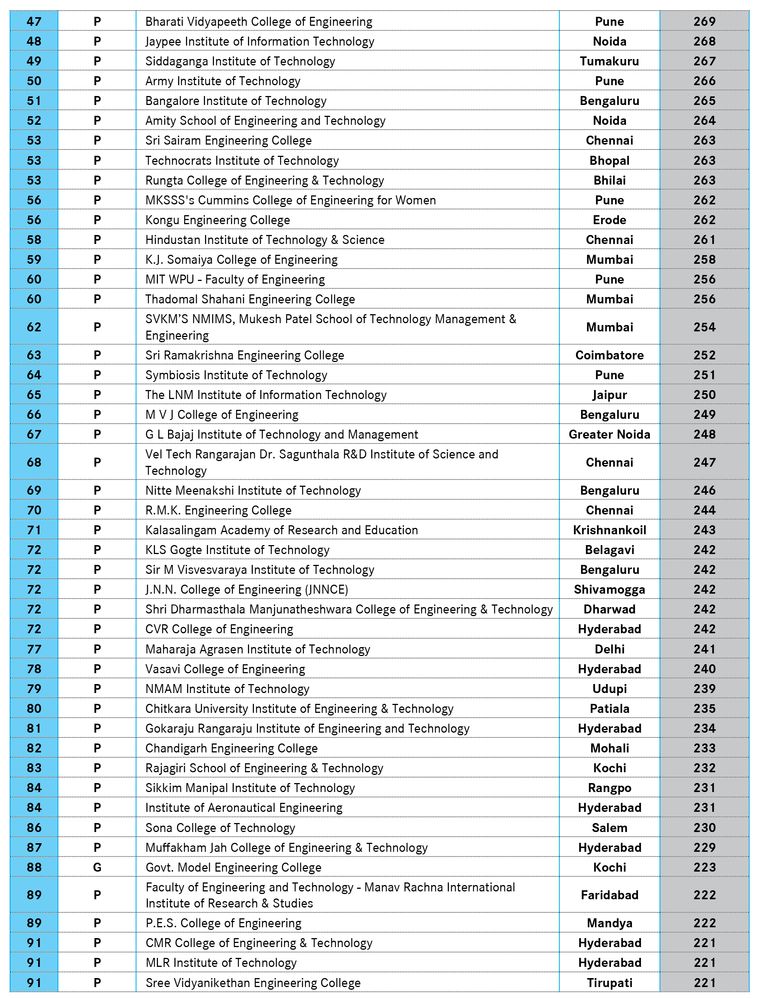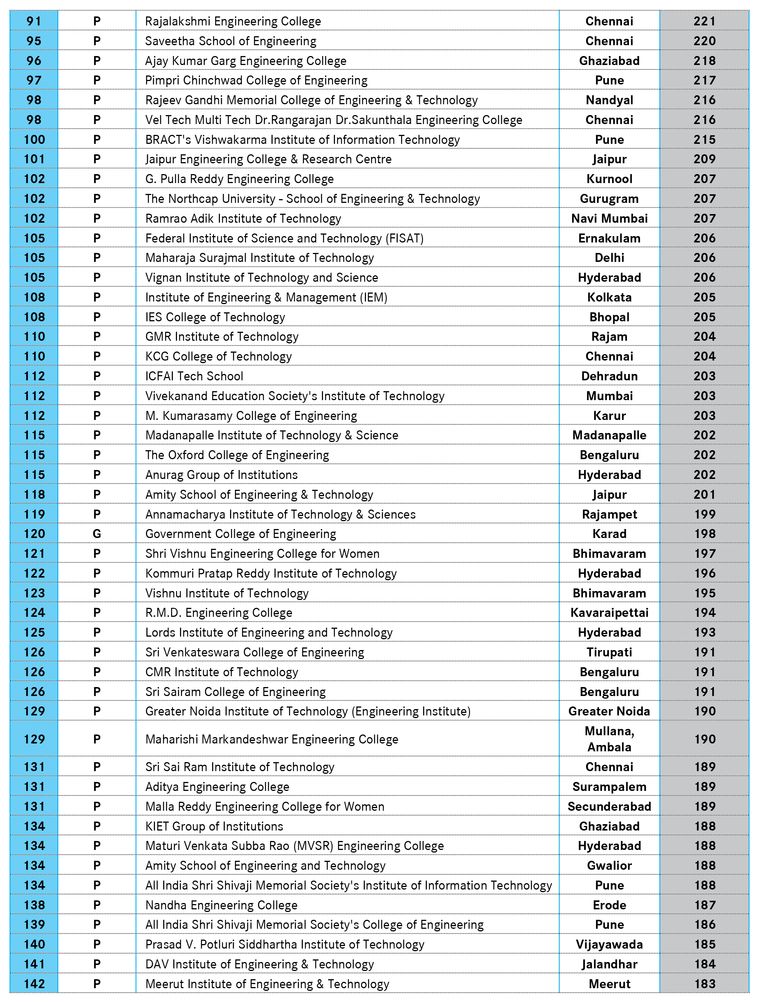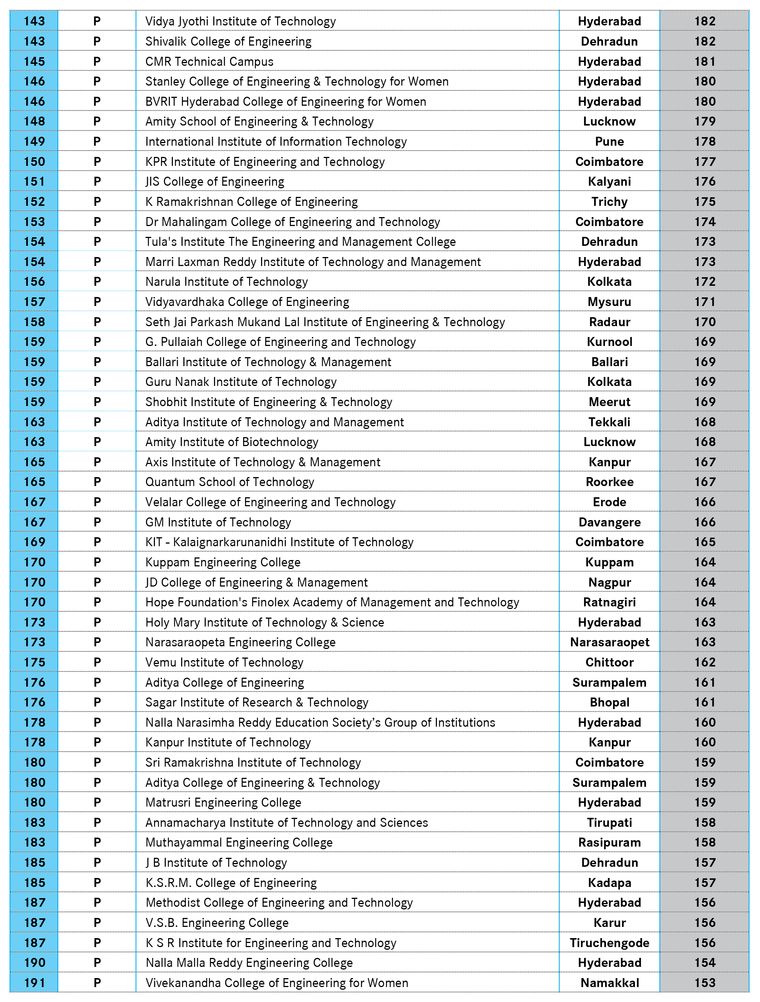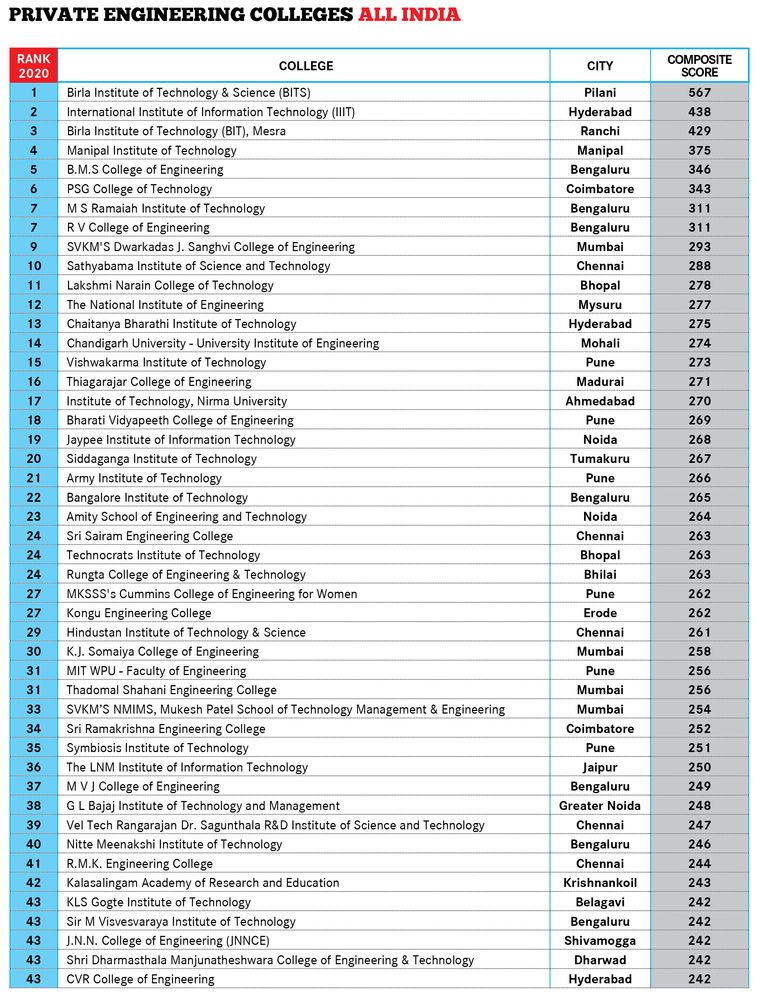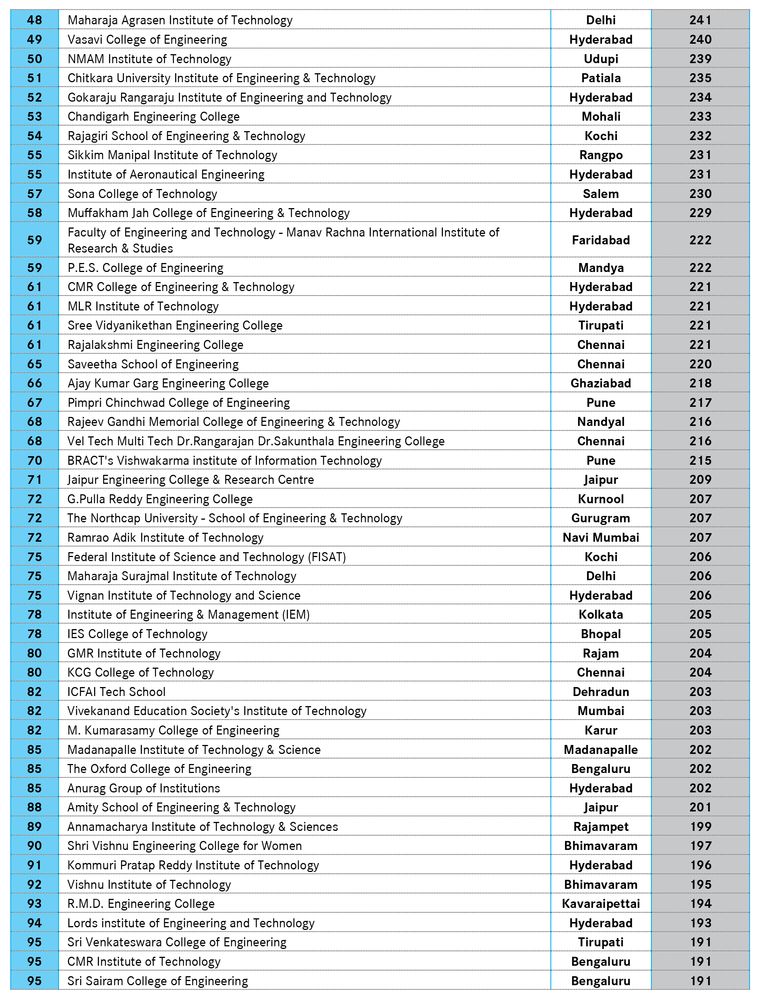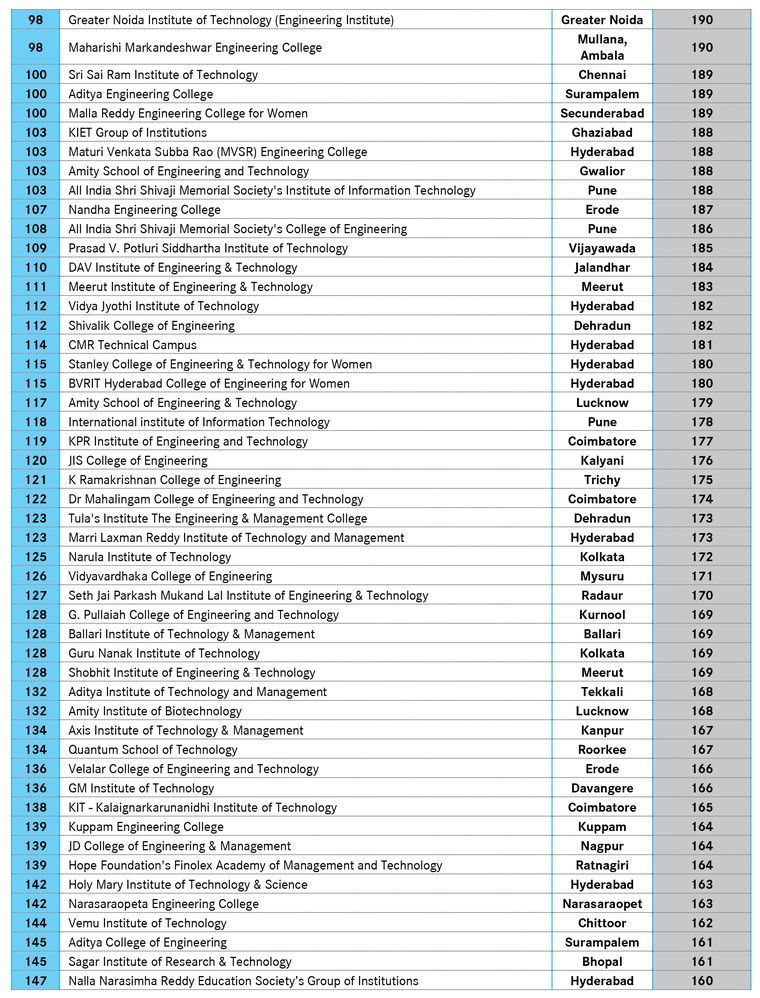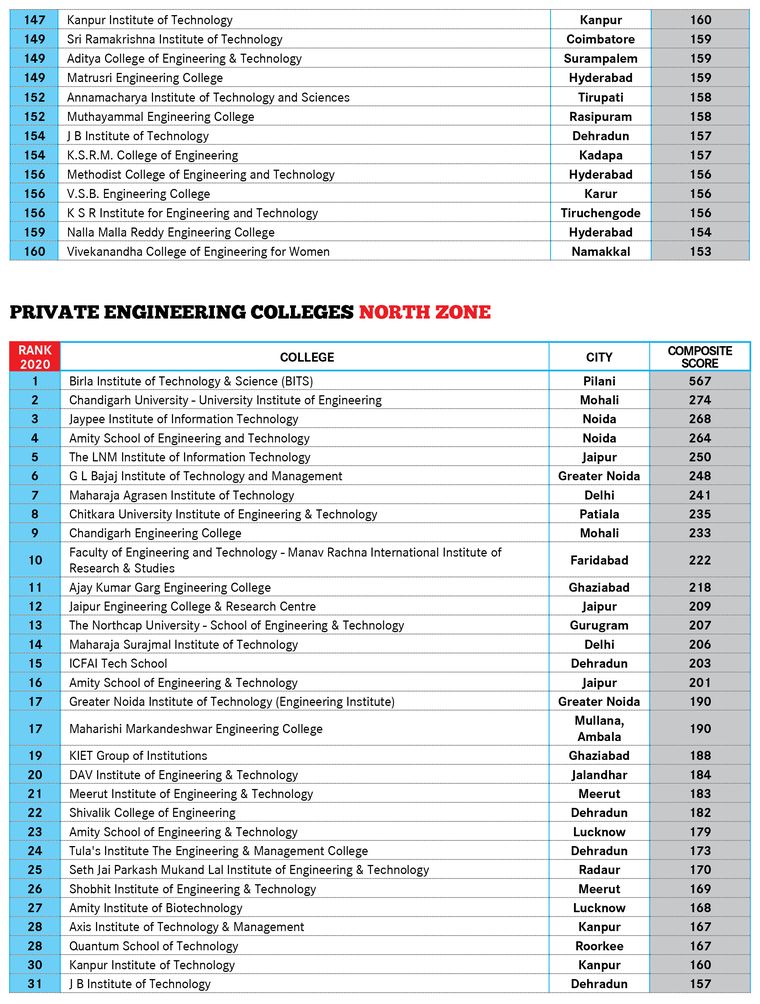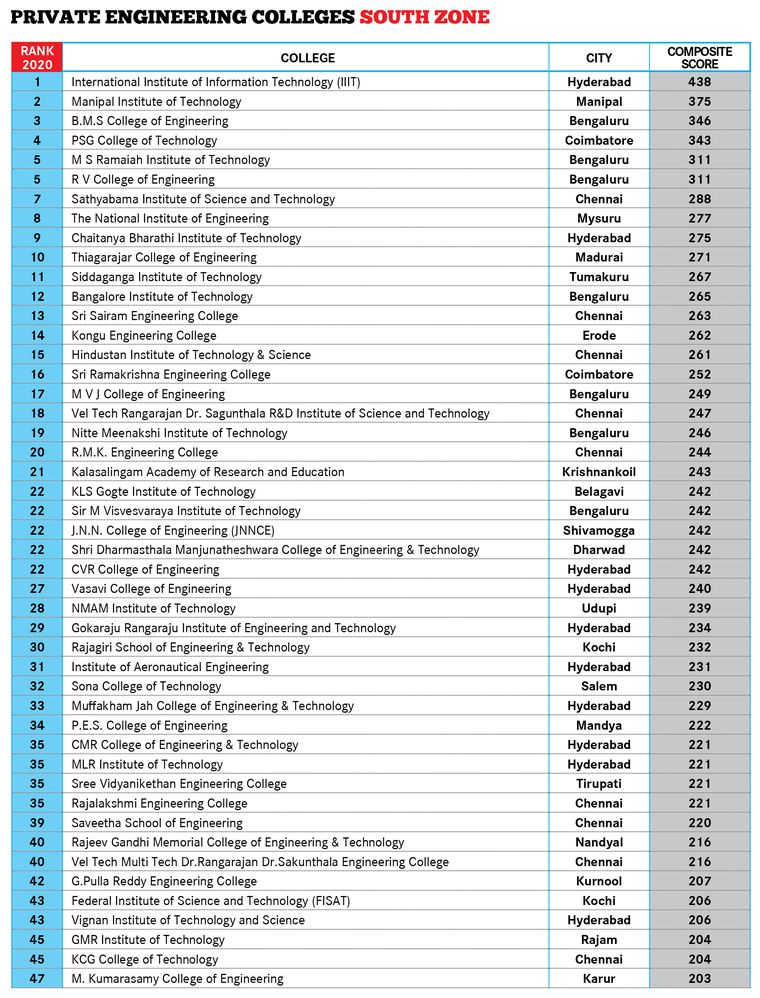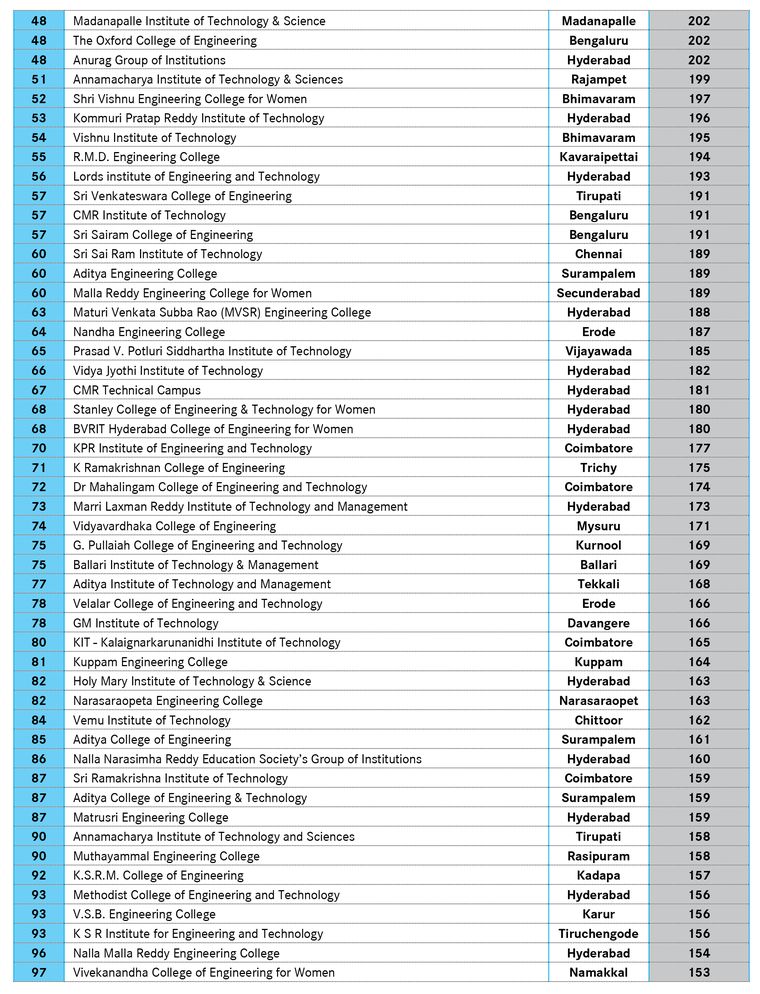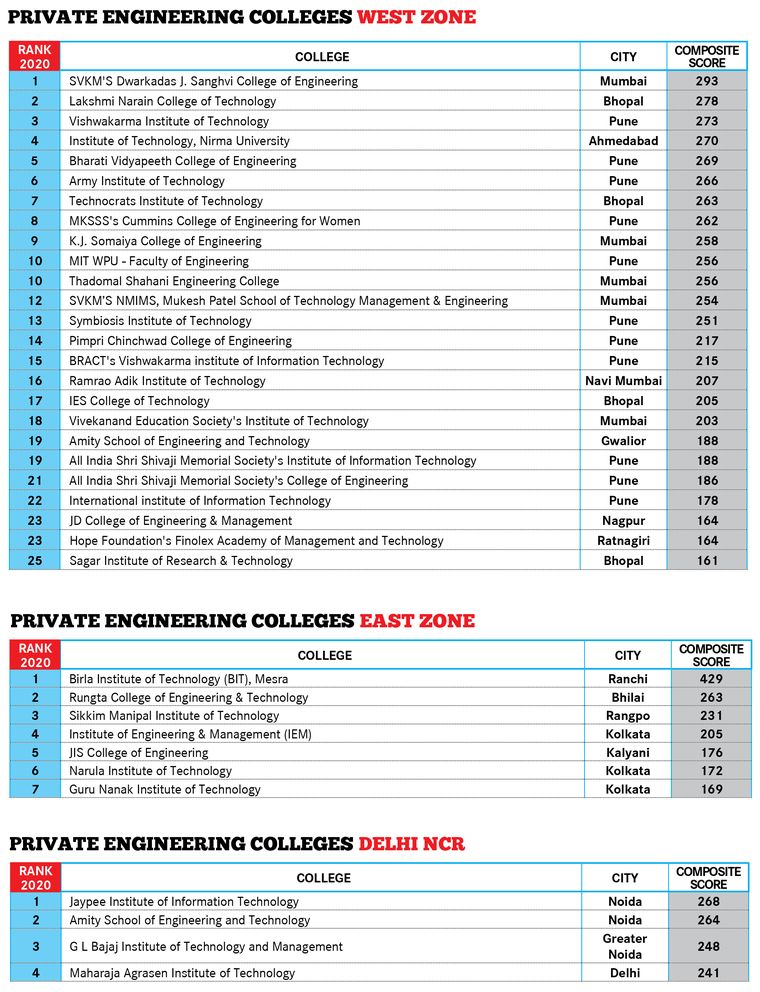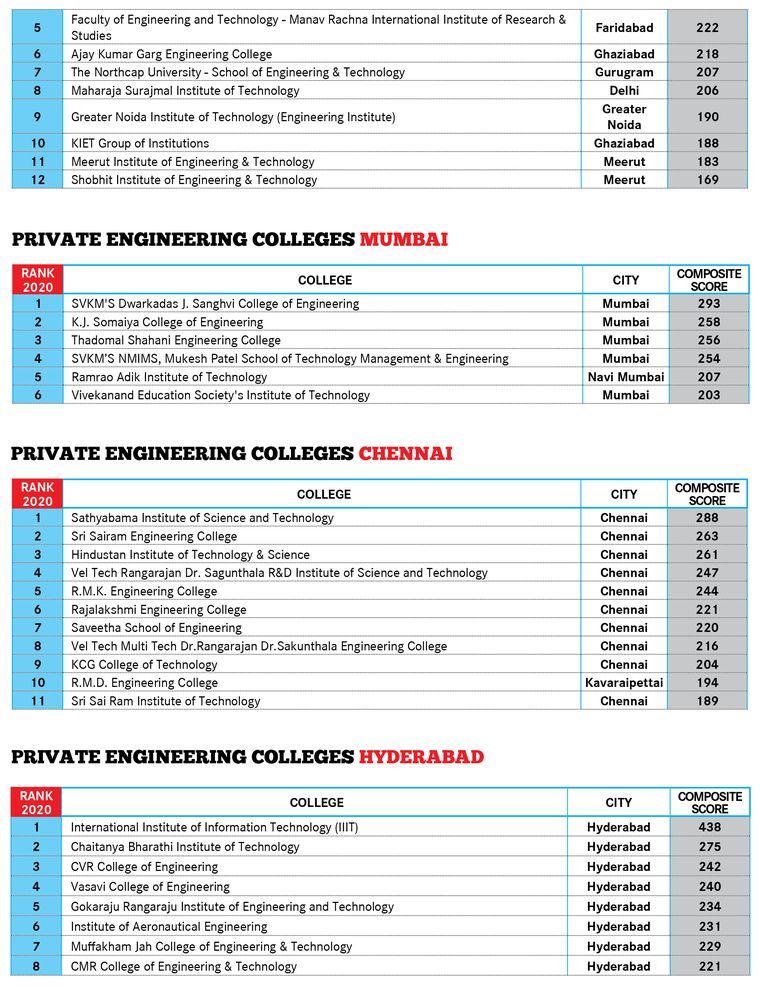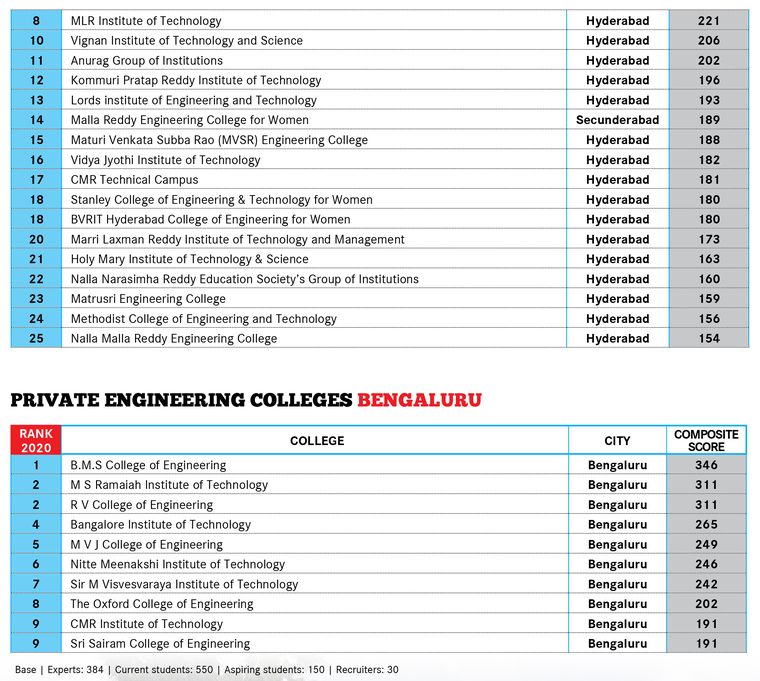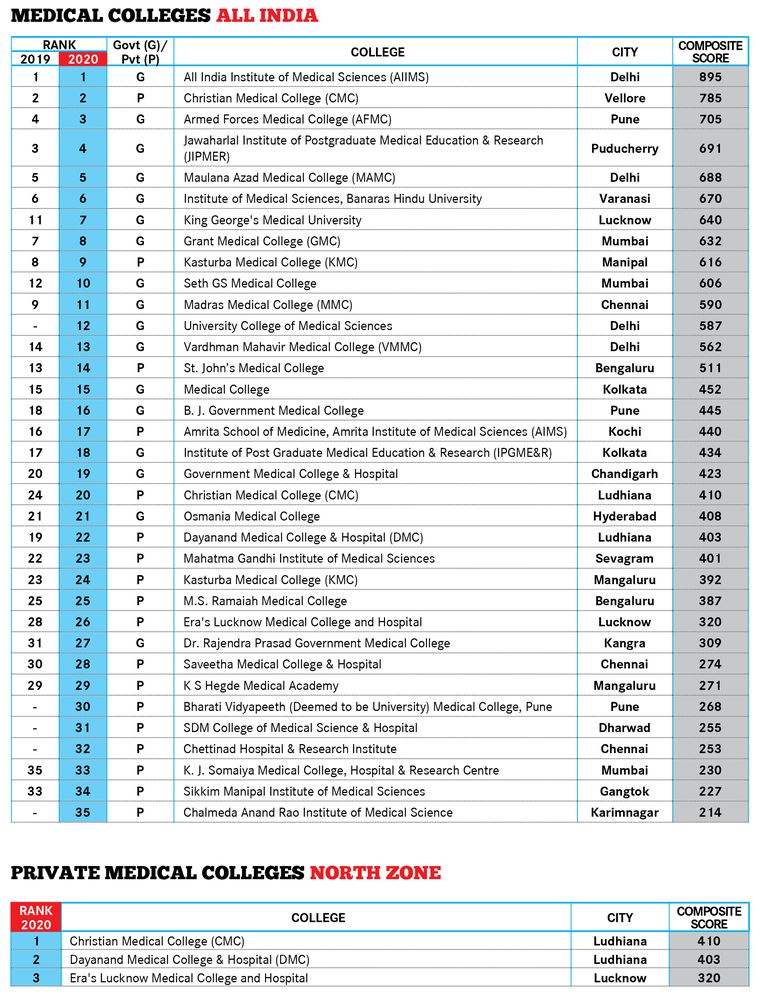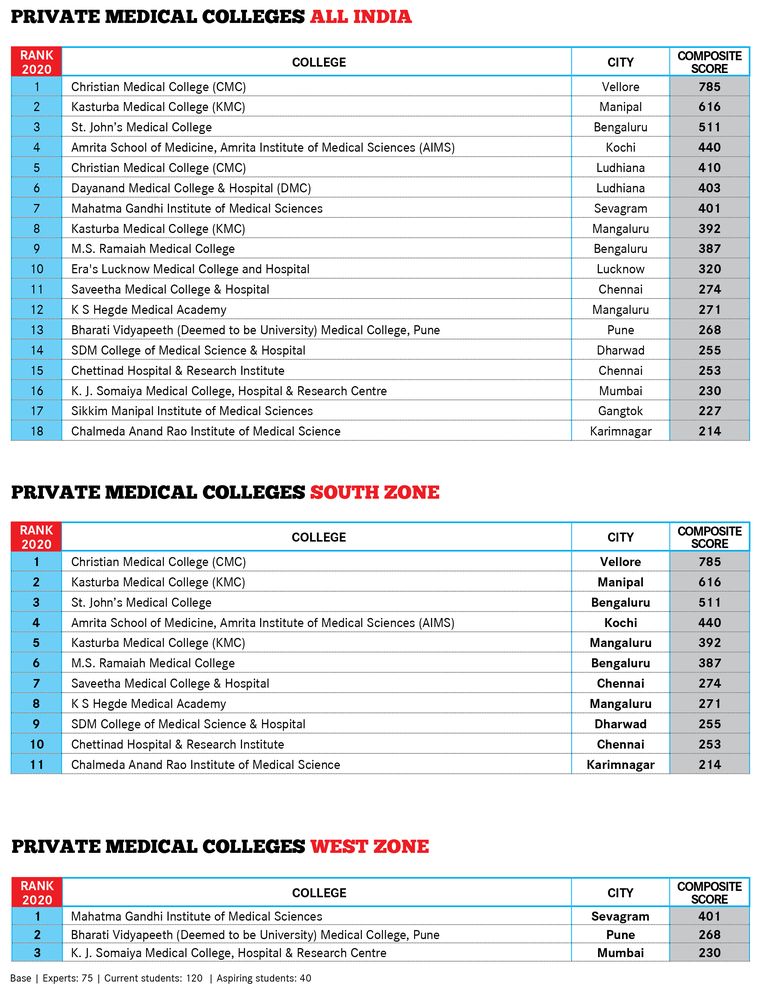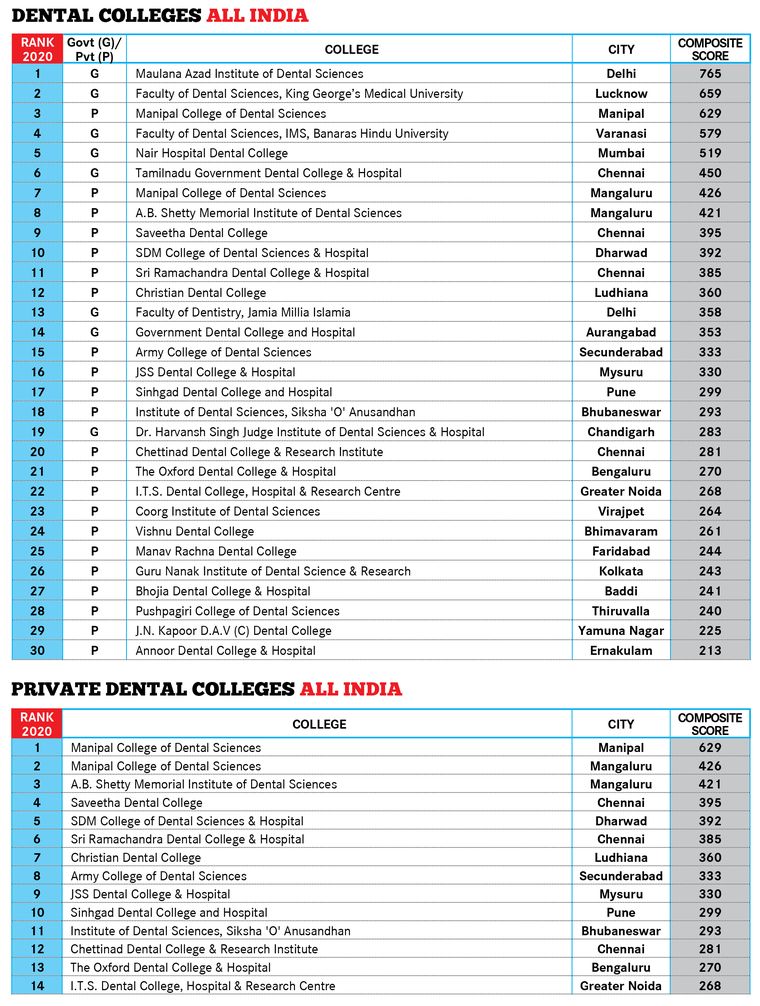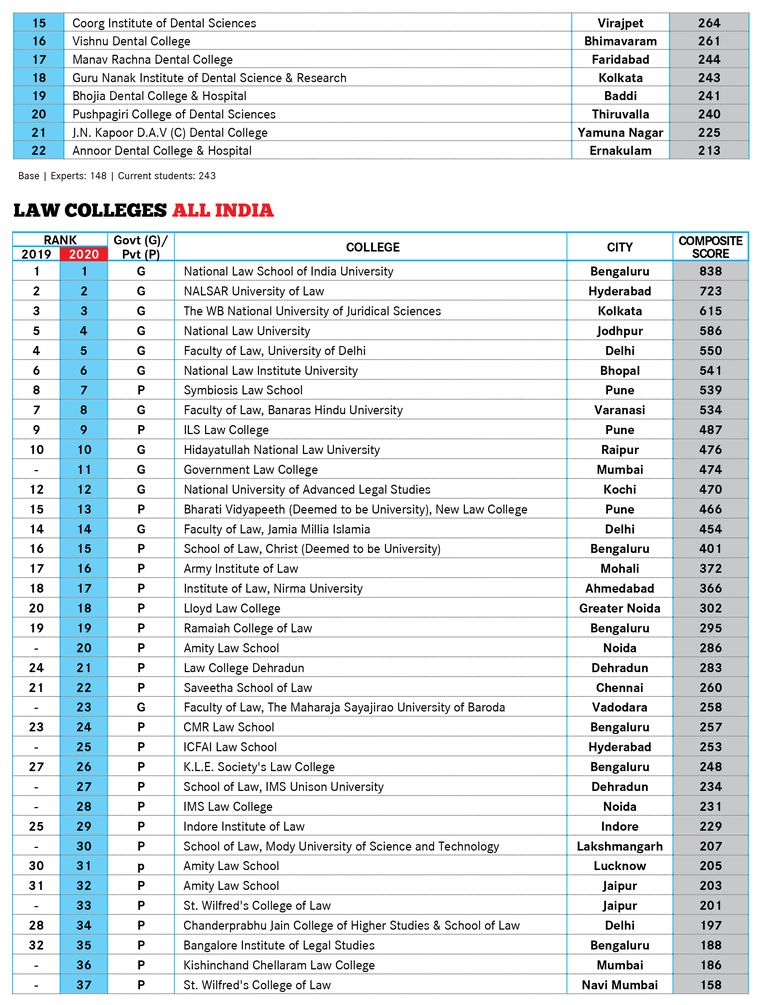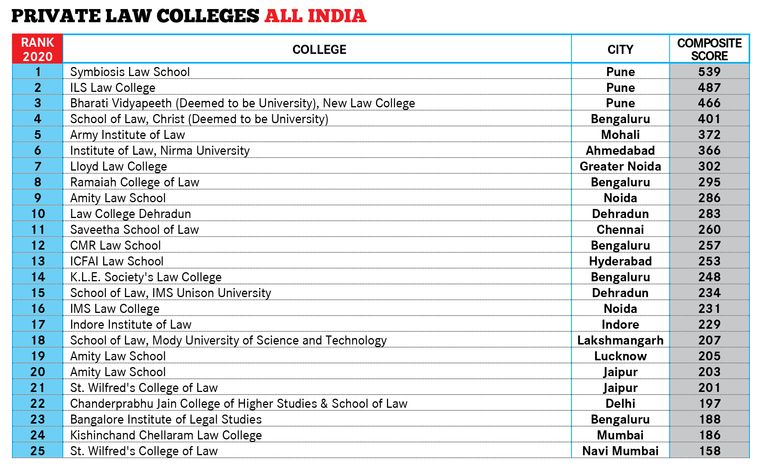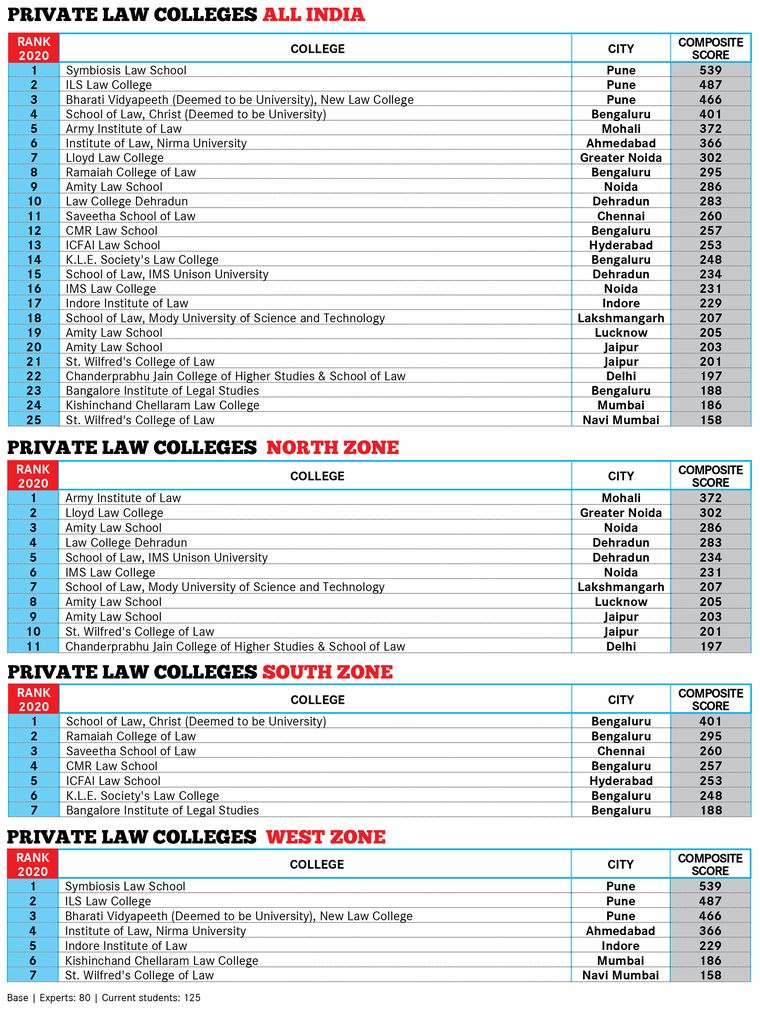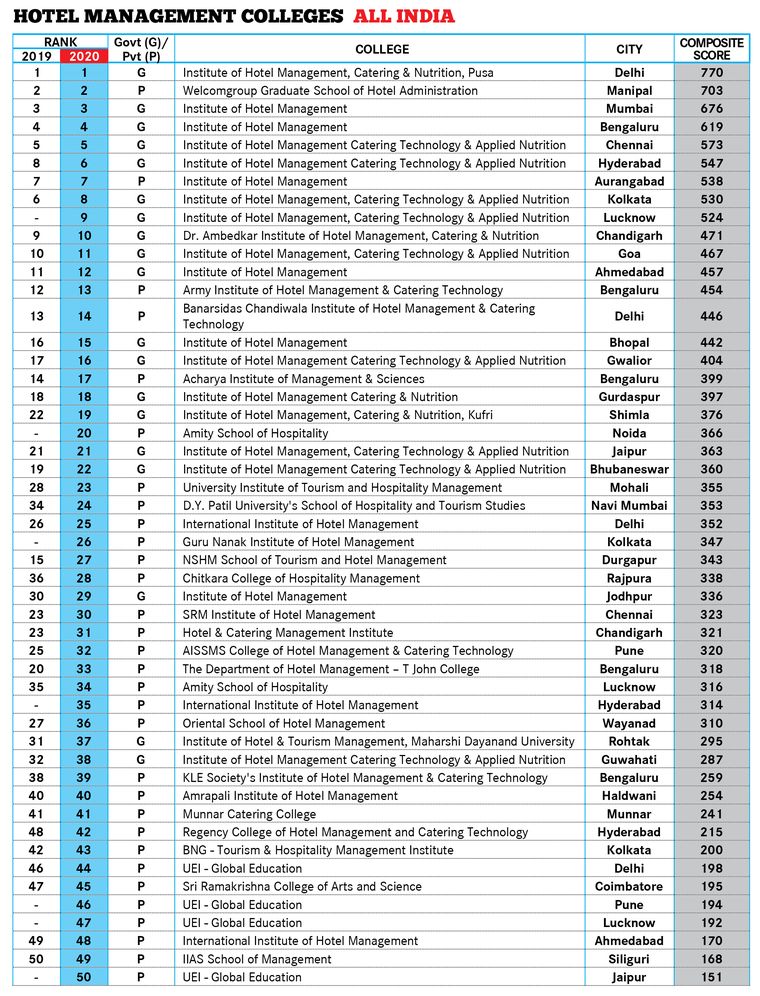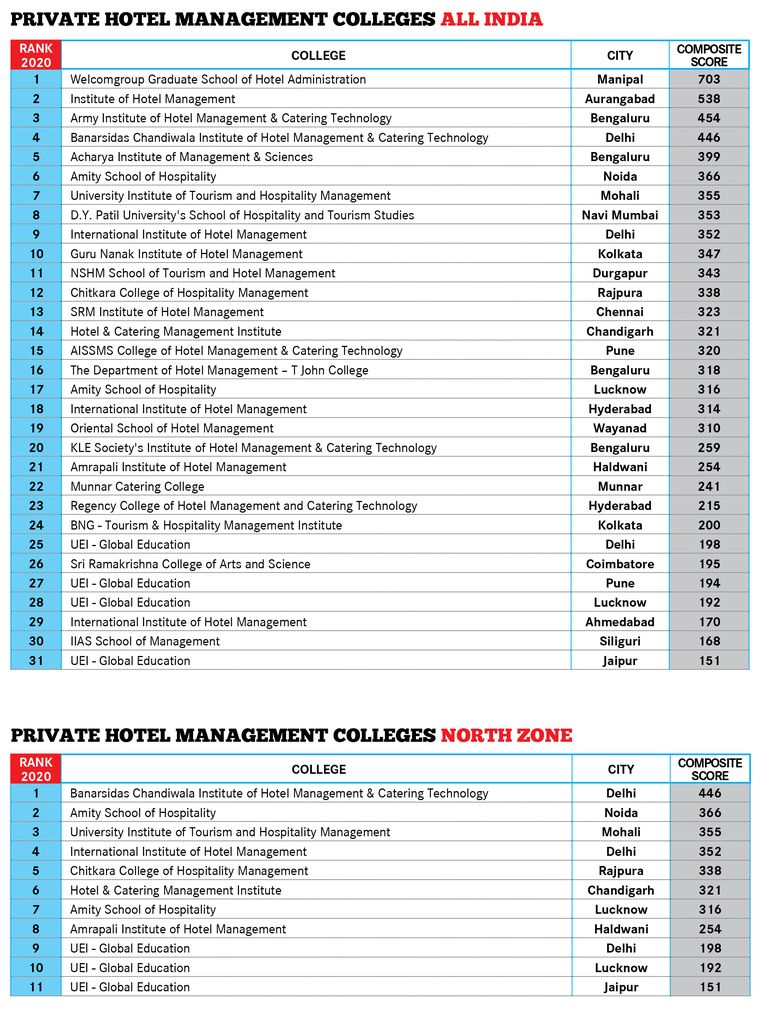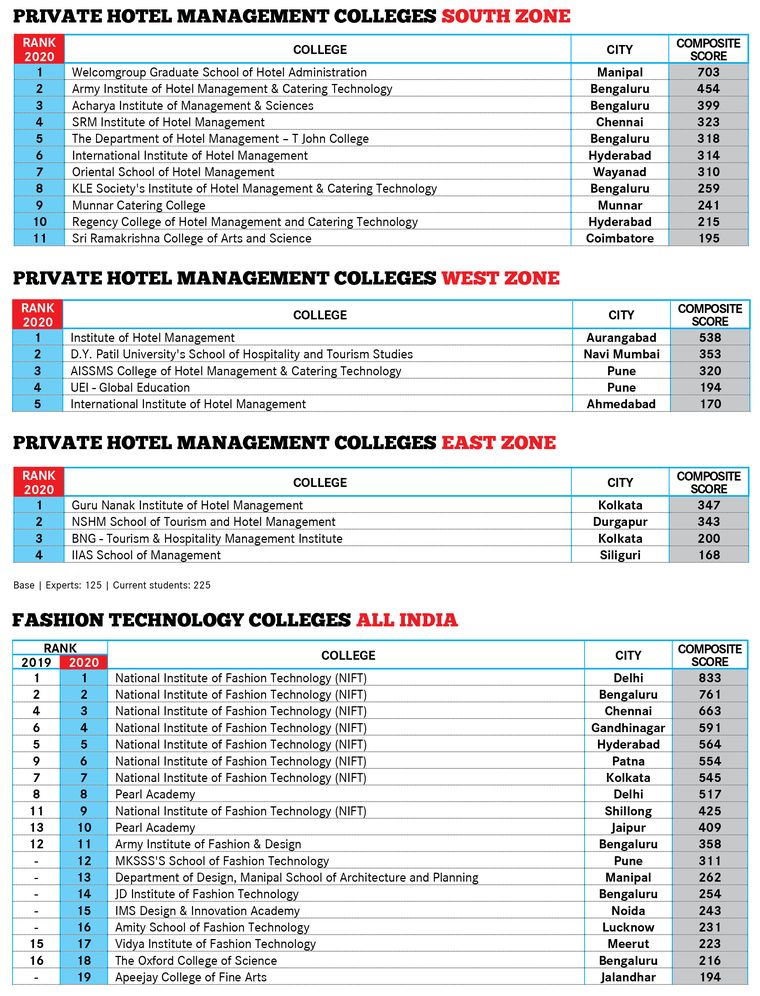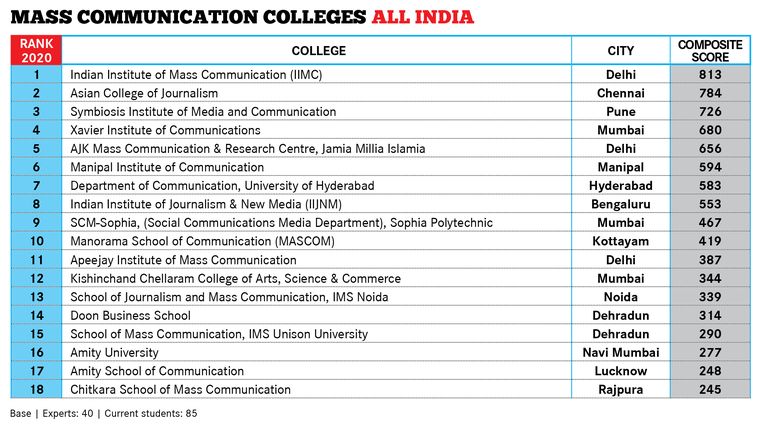Covid-19 has hit the Indian education sector hard. As nobody was prepared for such an eventuality, institutions scrambled for the only exit door in sight—online education. India’s top colleges knew that the experience they provided in their classrooms could not be replicated online, yet. But they had to find ways to impart learning with available tools.
Apart from posting lectures and material online and sharing recordings through WhatsApp groups, the faculty at Lady Shri Ram College for Women (LSR), Delhi, taught individual students over the phone, to ensure that no one was left behind because of accessibility constraints. Suman Sharma, principal, LSR, said teachers were also taking online courses to hone their remote-teaching skills.
“Along with imparting curriculum education, we also (address) the adverse impact of this pandemic,” she said. “Safety measures are discussed actively and faculty members take special care to ensure that students remain positive. Some faculty members, who are trained psychologists, are counselling students to help them navigate these challenging times. This dialogue is immensely useful and fosters a sense of community even though there is no physical presence of students in college.”
Loyola College, Chennai, recently set up a help desk to address emergency needs of staff and students. It arranges medicines for the staff and their family, and food and counselling for the students who are stranded. The college works with state government officials to deliver these emergency services.
The college has developed its own learning management system. “The Loyola Learning Management System is almost on par with any other learning management system like Google Classroom,” said Reverend Thomas Amirtham, principal, Loyola College. “It has been exhaustively explored to create classes, share class notes and conduct assessments of students. Most of the teachers have realised their dual role as teachers and learners as they have enrolled themselves in various online programmes.”
At IIT Bombay, the education technology department—which spearheads research on pedagogy and online education—is streamlining the in-house process. The institute also runs the massive online open course (MOOC) programme; MOOCs are aimed at unlimited participation and open access via the web. “Hence, there is enough in-house experience on online education,” said Subhasis Chaudhuri, director, IIT Bombay. “We are now training other faculty members and teaching assistants on how to make the best use of currently available technologies to maintain the high quality of education that we stand for. It is not going to be easy, neither do we want our students to suffer. Our faculty members will dedicate themselves even more during the forthcoming semester for the benefit of our students.”
Most of the premier institutes have introduced innovations to elevate online education. “To overcome the monotony and to bring in variety in teaching, we have been using techniques like flipped classroom (an instructional strategy focused on student engagement), blended learning, group discussions, assignments, self-study and project-based learning,” said Rajendra D. Shinde, principal, St. Xavier’s College, Mumbai. “Since online lectures allow us to bring in visiting faculty, we have encouraged our (lecturers) to invite guest speakers for topics relevant to research and industry.”
The college is also looking to organise extra-curricular programmes like the college fest online. “Our students will miss the exposure they get through such programmes,” said Shinde. “The pandemic has offered new challenges to our students to use their creativity for online versions of these programmes. I am sure this experience will enrich them in digital transformation and techniques.”
Hansraj College, Delhi, has crowdsourced a strategy for the next semester’s classes. Based on recommendations and suggestions from different departments, the college conducted a comparative analysis of different options of online teaching (both paid and free) and settled on the Microsoft Teams platform. Unique IDs for students and teachers will keep uninvited attendees out. It is also organising training sessions for the faculty.
The college principal, Rama, who uses only her given name, said that the college was developing “student-friendly” assessment tools that would challenge their application skills, something that traditional tests do not do. “Though the online system of teaching and learning has been around for more than a decade, the situation till now has not warranted a complete reliance on it,” she said. “While we hope the situation improves at the earliest, we shall continue teaching in the medium best suited to the requirements of our students.” The college is also organising webinars on stress management, yoga and meditation.
India’s education hubs are also metros; the pandemic hit these centres hard, forcing colleges to take their admission process online. “Our admission will be based on an online entrance test,” said Shinde of St. Xavier’s, Mumbai. “We have hired an agency to implement these entrance tests and students can take the test from their homes. Malpractices, if any, will be taken care of by an Artificial Intelligence technology.”
At IIT Bombay, admission to degree programmes are decided by GATE scores (Graduate Test in Engineering). As GATE exams were completed before the lockdowns started, students were spared the confusion. For research programmes such as PhD, the departments conducted extensive online interviews. The list of successful candidates is now ready.
Some colleges were already using online admission systems. For example, Loyola, Chennai, has had it since 2013. For some courses, it also conducts an online aptitude test. The college also plans to hold interviews through apps like Google Meet; marksheets might be verified through a system similar to DigiLocker. For most top colleges in Delhi, higher secondary marks are the sole basis for admissions.
The challenges posed by the pandemic are not going to end with admissions or with redesigning the curriculum. As many sectors have been hit hard, colleges will need to do a lot more to prepare students for the post-Covid scenario. Many institutes are preparing courses focused on emerging areas like fintech, block chain, data analytics and machine intelligence. As online media outlets and online transactions continue to grow, courses in multimedia and animation are being upgraded. Interestingly, courses related to psychology like master’s in lifespan counselling are also in demand, perhaps because of the impact that the pandemic has had on mental health.
The government’s New Education Policy 2020 was introduced into a world of shifting paradigms. Experts said that the move to introduce online courses in liberal arts was much needed in India. Having major and minor subjects will help learners to customise their courses. Multiple entry and exit points are also a good idea. However, replacing UGC and other higher bodies with a single authority seems a difficult task, said Shinde. “Of course, the big question remains how and when will this policy be implemented? The success of NEP lies in it being implemented with care, precision and accuracy.”
Pratibha Jolly, former principal, Miranda House, Delhi, and academic consultant to the National Assessment and Accreditation Council called the NEP progressive and ambitious. It is a vision document, she said, that seeks to not just reboot and rebuild the education system “but reimagine, redefine and re-engineer every aspect of support for lifelong learning”. However, she, too, agreed that the challenge lies in laying a clear roadmap and rolling it out firmly with prioritised plans for implementation.
She added that the top colleges and universities have enough experience, professional competence and acumen to immediately shift to the new paradigm. Jolly added that while awaiting the rollout of the new policy, for confidence building, some existing challenges can be quickly addressed with enabling actions. For instance, while the choice-based credit system sounded good on paper, even the best of institutions could not implement it in letter and in spirit.
“Individual choices of subject combinations simply could not be given because of resource and infrastructure constraints,” she said. “Institutions always looked for an optimum number of students before allowing a combination to be offered. There was then no room for the singular student who wanted to pursue physics with music, or chemistry with culinary arts. With the establishment of the Academic Credit Bank, institutions can easily create such opportunities for learning.”
While colleges are preparing to begin an academic year under the shadow of Covid-19, they are eagerly looking forward to having students back on campus. “A college is a vibrant space because of its students,” said Sharma of LSR. “We are exploring multiple options to encourage students to participate and feel a sense of belonging. We have a host of societies that are planning online events and students are actively participating as they prepare videos for those events and display their talent. These are humble attempts at recreating the campus experiences, given the circumstances. However, we cannot wait for the campus to fill with the energy of our students again, as soon as it is possible to do so safely.” Chaudhuri of IIT Bombay said: “The life, peers, the discussions, the culture and the engagements, apart from the academics, set IITB apart. The faculty does not want to stare at the laptop and give lectures. We want our students back on campus as soon as the pandemic is over. I hope we do not have to wait too long.”
RESEARCH METHODOLOGY
SINCE 2009, THE WEEK has been conducting the Best Colleges Survey in association with Hansa Research to rank the top colleges in India. This year, the study covered 23 cities; 1,422 academic experts, 2,429 current students, 645 aspiring students and 30 recruiters took part in the primary survey.
Recruiters’ opinions were taken only for engineering colleges. Aspiring students were interviewed for arts, commerce, science, engineering and medicine. The respondents were asked to nominate and rank the 25 top colleges in India and their respective zones.
Perceptual score was calculated based on the number of nominations and the actual ranks received.
For factual data collection, a dedicated website was created and the link was sent to more than 3,500 colleges. Of the 404 colleges which responded, 22 were rejected as they did not meet the eligibility criteria—at least three batches should have graduated from the programme and 50 per cent of seats filled in the last academic year.


